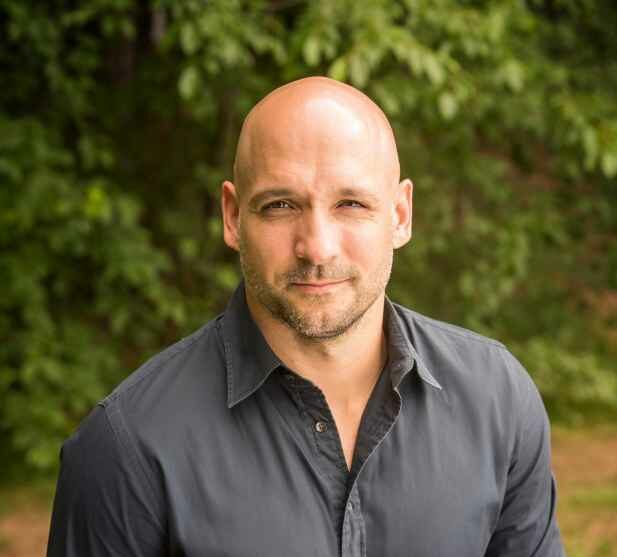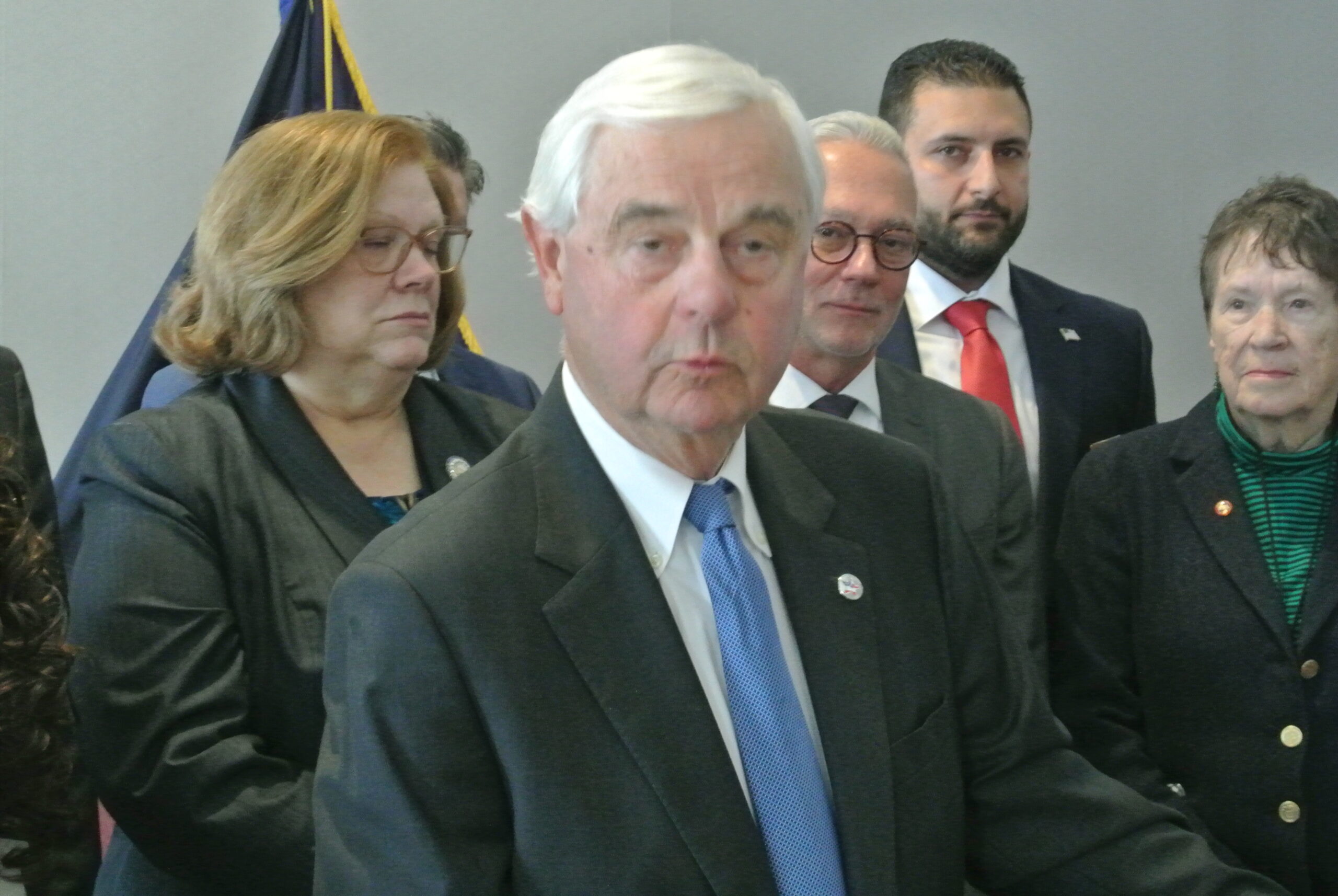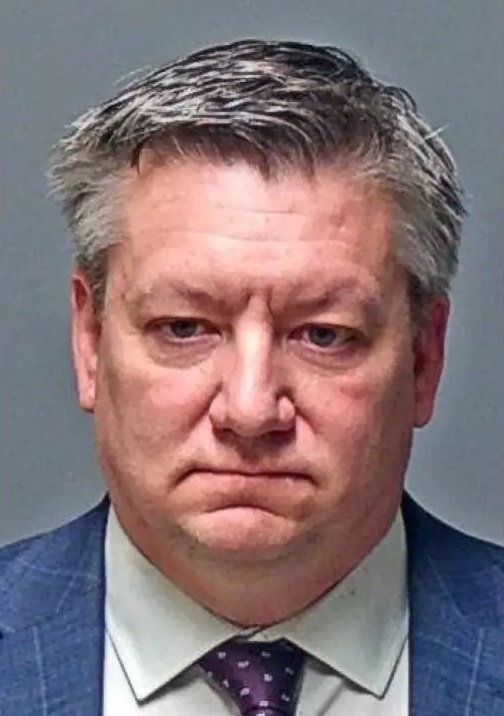Altschiller Calls Out ACLU-NH Defense of Graphic, AI-Generated Child Porn

New Hampshire’s ACLU is siding with the producers of AI-created child sex abuse images over New Hampshire’s kids, critics say, opposing legislation to ban deepfake child porn in New Hampshire.
And at least one Democratic state senator says siding with criminals and against victims is nothing new for the progressive organization.
“It has been my experience in working for laws that protect crime victims the ACLU has not necessarily been a partner in protecting the rights of the people who have been harmed by criminals so much as protecting the rights of the criminals,” said Sen. Deb Altschiller (D-Stratham). “I have yet to have a criminal justice bill that they have embraced.”
Altschiller is the prime sponsor of SB564, which “expands the definition of ‘child’ under the child sexual abuse images statute to include those images that are portrayed to be a person under the age of 18 and are thus indistinguishable from a child.” She testified before the House Criminal Justice and Public Safety Committee on Wednesday, and that’s when she first learned of the ACLU’s opposition to her legislation.

ACLU-NH Legal Director Gilles Bissonnette
Gilles Bissonnette, ACLU-NH’s Legal Director, did not testify in person. Instead, he submitted a written statement revealing his organization’s position: AI-generated child sex abuse images are protected speech under the First Amendment.
“These images are protected by the First Amendment and Part I, Article 22 insofar as they are neither produced using minors nor do they appear to depict a specific, identifiable person,” Bissonnette wrote.
Altschiller told the committee this expanded definition is needed as the scourge of child sex abuse image trafficking is colliding with the rise of easily available AI programs that can create new, realistic images, sometimes using the images of real children.
“Once something is out there, you can’t unring the bell,” Altschiller said.
New Hampshire State Police Sgt. Hawley Rae also testified on behalf of Altschiller’s legislation, arguing that people who consume child sex abuse images are statistically more likely to engage in abuse IRL (“In Real Life.”)
New Hampshire already has a problem with people trafficking these types of abusive images, and the potential for abusers using deepfake technology to make new abuse images from the photos of real children should be sobering, Rae said.
“Kids are vulnerable, especially in the social media world, and I can only assume this will be a problem in the AI world as well,” Rae said.
Bissonnette’s objection to the bill is founded on prior court rulings that hold child sex abuse images created without using real children are protected. The 2002 United States Supreme Court decision in Ashcroft v. Free Speech Coalition and the 2008 New Hampshire Supreme Court decision in State v. Zidel both found that child sex abuse images that did not depict real children are allowed.
“SB564 presents serious constitutional concerns under Ashcroft and Zidel because it sweeps within its scope images that are not limited to depictions of an ‘identifiable’ (meaning ‘recognizable as an actual, specific person’) minor who was actually victimized,” Bissonnette wrote.
Rep. Terry Roy (R-Deerfield) said neither the Ashcroft nor Zidel courts were dealing with the reality of the new dangers children face today.
“The Ashcroft court didn’t have to contend with the AI technology at all,” Roy said.
Interestingly, the ACLU’s hardline “free speech” absolutism on child porn doesn’t apply to political speech Bissonnette and his organization find objectionable. The ACLU-NH’s policy today is to decline to defend free speech that “denigrates [marginalized] groups” and “impedes progress toward equality.” That includes refusing to defend the free speech rights of allegedly right-wing groups whose “values are contrary to our values” and whose words might offend the “marginalized.”
The ACLU’s guidelines state, “As an organization equally committed to free speech and equality, we should make every effort to consider the consequences of our actions.”
What about the “consequences” of graphic, violent child porn, critics ask.
Given the advances in technology, Rep. David Meuse (D-Portsmouth) said failing to act now could have dire consequences for New Hampshire’s children sooner rather than later.
“I feel that composite images today are so realistic … they’re virtually indistinguishable from an image of a real child. These images just create a market for more images,” Meuse said. “The very fact that a market for this type of material exists, if we continue to allow that market to exist, real children are going to be harmed.”
The committee voted unanimously to approve the bill, moving it closer to a full House vote.






